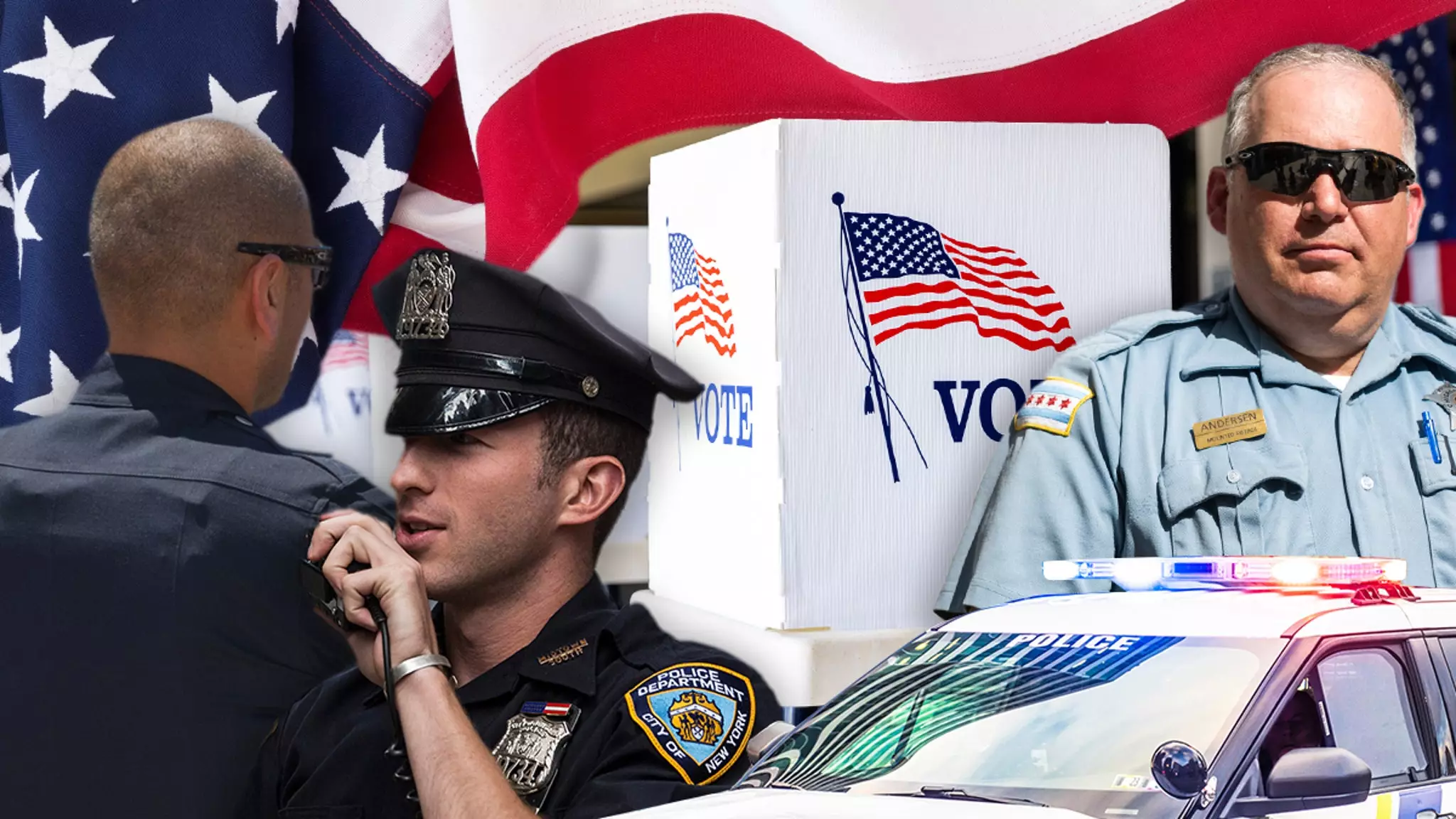As the 2024 Presidential Election approaches, the political climate remains charged, necessitating robust security measures at polling locations nationwide. In light of the turbulent events surrounding the 2020 election—especially the Capitol riots on January 6, 2021—law enforcement agencies are not taking any chances. With threats and intimidation tactics levied against voters and poll workers, the urgency for a fortified electoral framework is more pronounced than ever.
The aftermath of the last election has left a lasting imprint on the public consciousness. Many Americans feel anxious about the potential for violence and disorder, prompting law enforcement agencies to formulate detailed security plans. This new era of heightened vigilance is not merely an overreaction; rather, it is a reflection of the real threats that have emerged in recent years.
In anticipation of the election, agencies in key states, including New York, California, and Georgia, are proactively deploying resources to maintain order. In New York City, the NYPD will station officers at all 155 polling sites, ready to respond to any incidents. This presence serves to reassure the public and deter potential offenders who might seek to disrupt the electoral process.
Similarly, in Georgia, local authorities are anticipating emergencies and on-going threats. The Fulton County police department is preparing to respond to any disturbances at polling locations, demonstrating a strong commitment to safeguarding the electoral process. Additional preparations, such as the establishment of an emergency operations center in Cobb County, highlight the seriousness with which law enforcement is approaching Election Day security.
However, while the intention behind these assignments is to secure the voting process, the presence of law enforcement at polling stations can create an atmosphere of intimidation. For instance, in Maricopa County, Arizona, law enforcement’s decision not to station deputies at polling sites aims to mitigate this issue. This delicate balance between ensuring safety and preserving voter accessibility underscores the complexity of implementing security measures without infringing upon citizens’ rights.
Moreover, the approach taken by law enforcement varies across different states. In the District of Columbia, federal and local police are collaborating to create a comprehensive security strategy, particularly in a post-Capitol riot context. This multi-layered approach is indicative of the serious implications of the previous election cycle, which continues to loom over this year’s proceedings.
Significantly, the temperature of public sentiment surrounding this election has led agencies to monitor protests closely. The concept of protests near polling sites raises questions about the intersection of free speech and electoral integrity. The potential for protests could serve as a flashpoint, precipitating the need for rapid law enforcement response, especially given the ongoing partisan divisions that characterize contemporary American politics.
Ultimately, the readiness of law enforcement for any scenario reflects broader societal concerns regarding electoral violence and disorder. The 2024 Presidential Election is shaping up to be a critical juncture in American democracy, and the steps taken by law enforcement agencies are a response borne from both past experiences and future uncertainties. A safe and fair election is paramount, yet it requires careful navigation of security measures to protect both the process and the rights of citizens.

